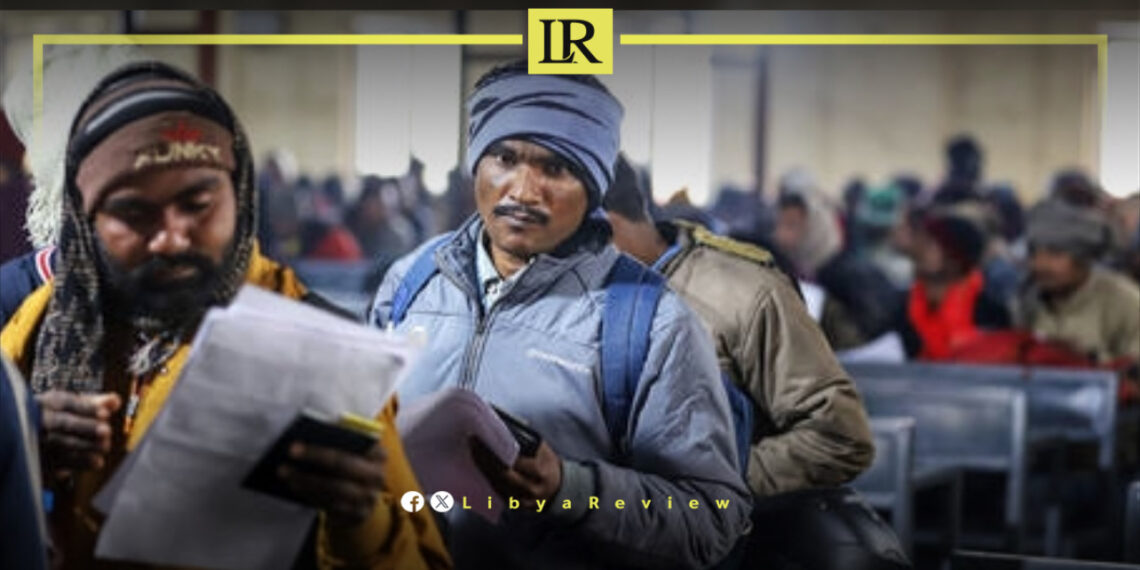The spokesperson for the Indian Ministry of External Affairs confirmed that the Indian Embassy in Tripoli is closely monitoring the situation of a group of Indian workers who traveled to Libya without proper documentation.
The embassy is working in coordination with Libyan authorities to facilitate their return by arranging exit permits.
The workers, who were reportedly promised jobs at a cement factory in Benghazi, discovered upon arrival via Dubai that they lacked the required official documents.
The embassy remains in constant communication with the workers and their employers, striving to provide necessary support and ensure their safe repatriation.
Libya has been in chaos since a NATO-backed uprising toppled longtime leader Muammar Gaddafi in 2011. The county has for years been split between rival administrations.
Libya’s economy, heavily reliant on oil, has suffered due to the ongoing conflict. The instability has led to fluctuations in oil production and prices, impacting the global oil market and Libya’s economy.
The conflict has led to a significant humanitarian crisis in Libya, with thousands of people killed, and many more displaced. Migrants and refugees using Libya as a transit point to Europe have also faced dire conditions.
The planned elections for December 2021 were delayed due to disagreements over election laws and the eligibility of certain candidates. This delay has raised concerns about the feasibility of a peaceful political transition.
Despite the ceasefire, security remains a significant concern with sporadic fighting and the presence of mercenaries and foreign fighters. The unification of the military and the removal of foreign forces are crucial challenges.


